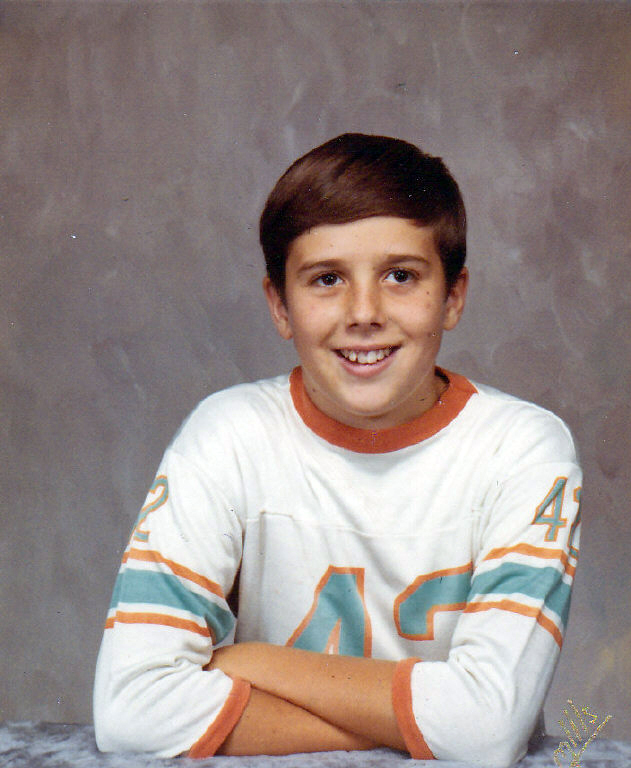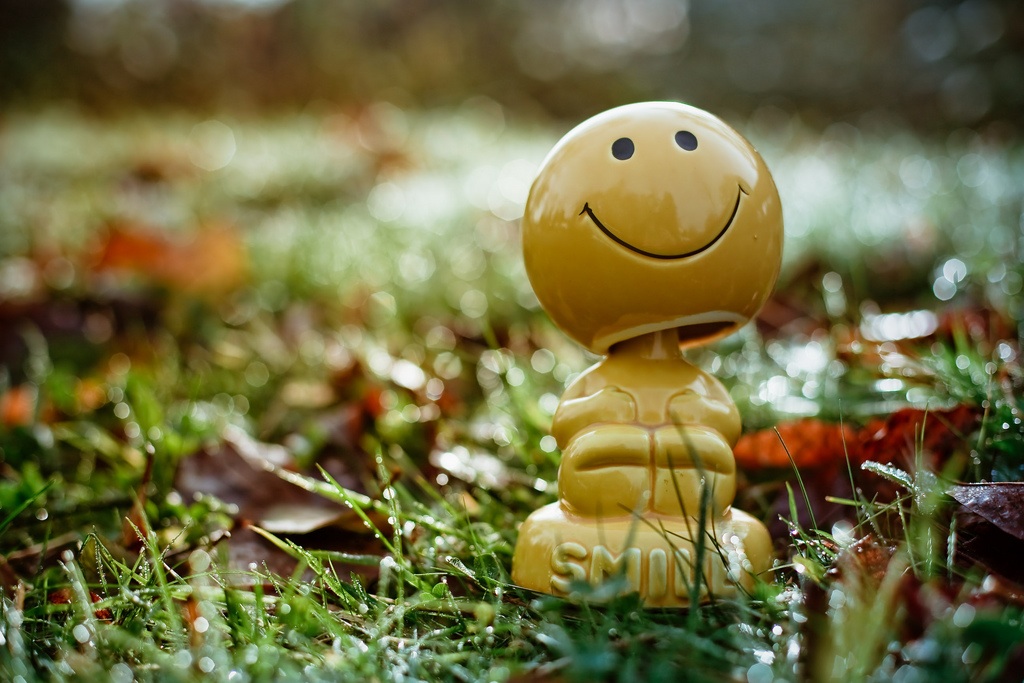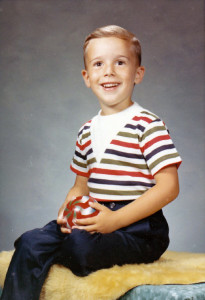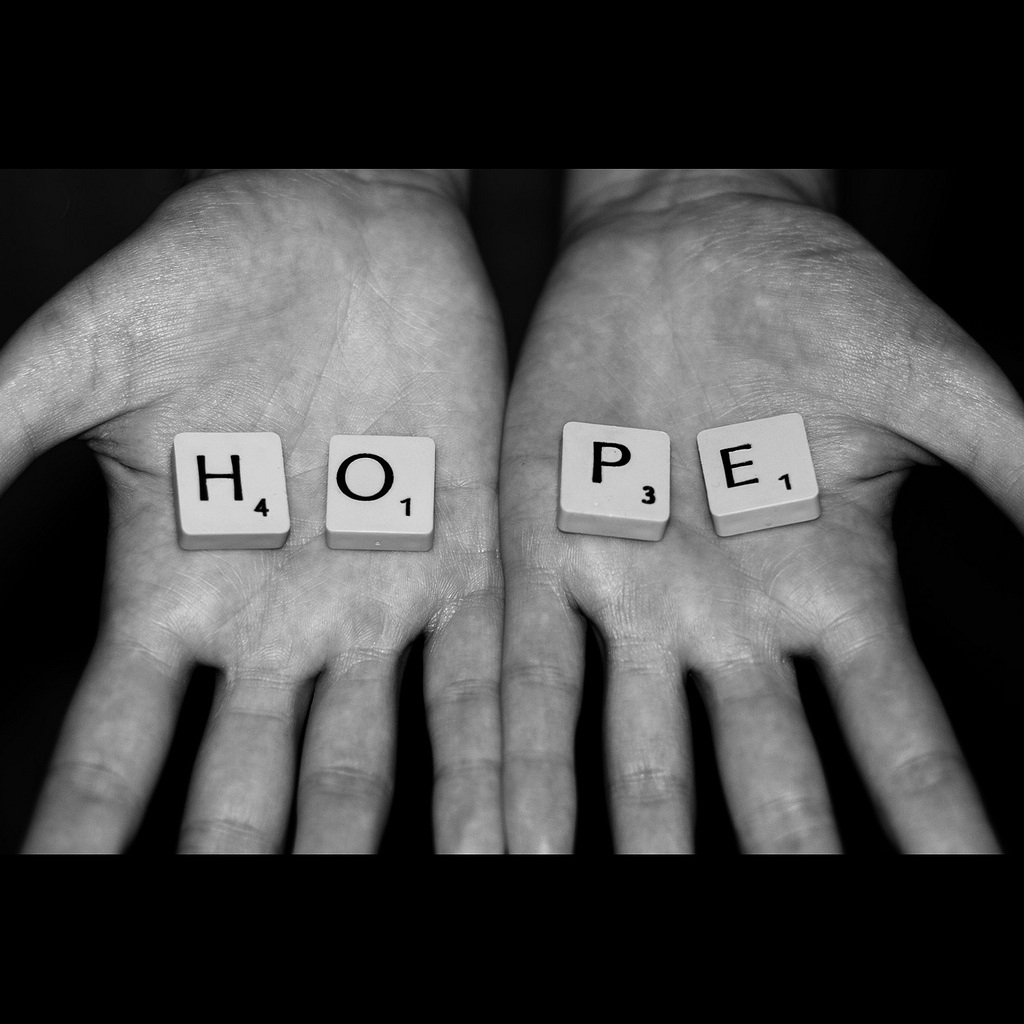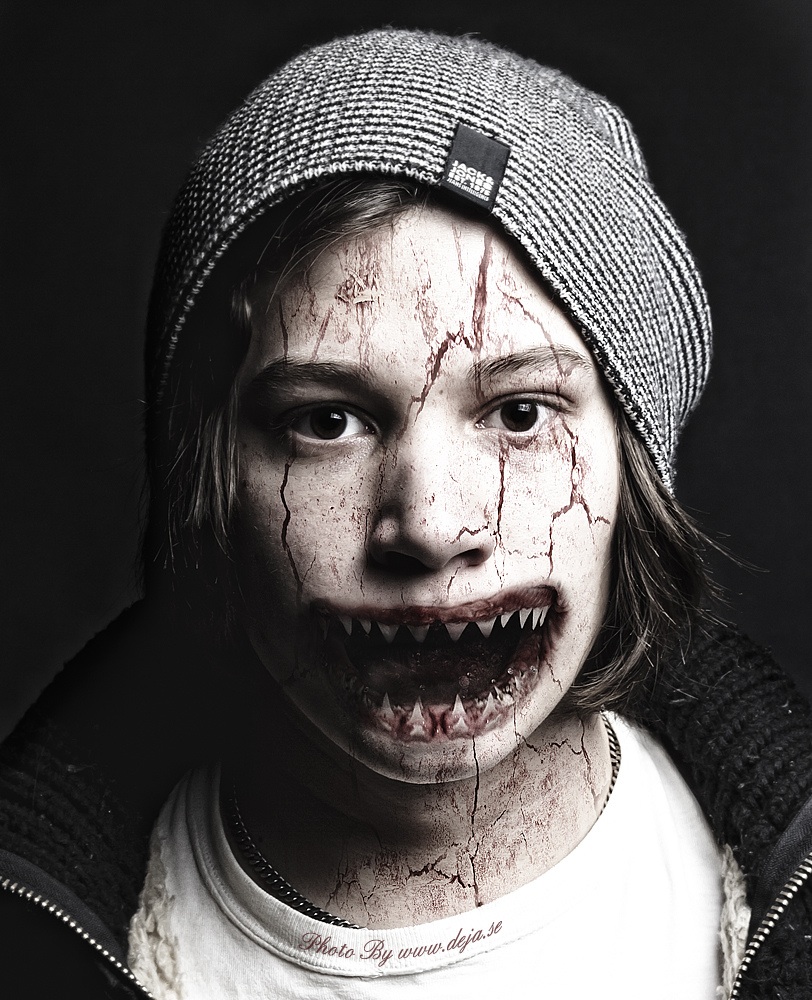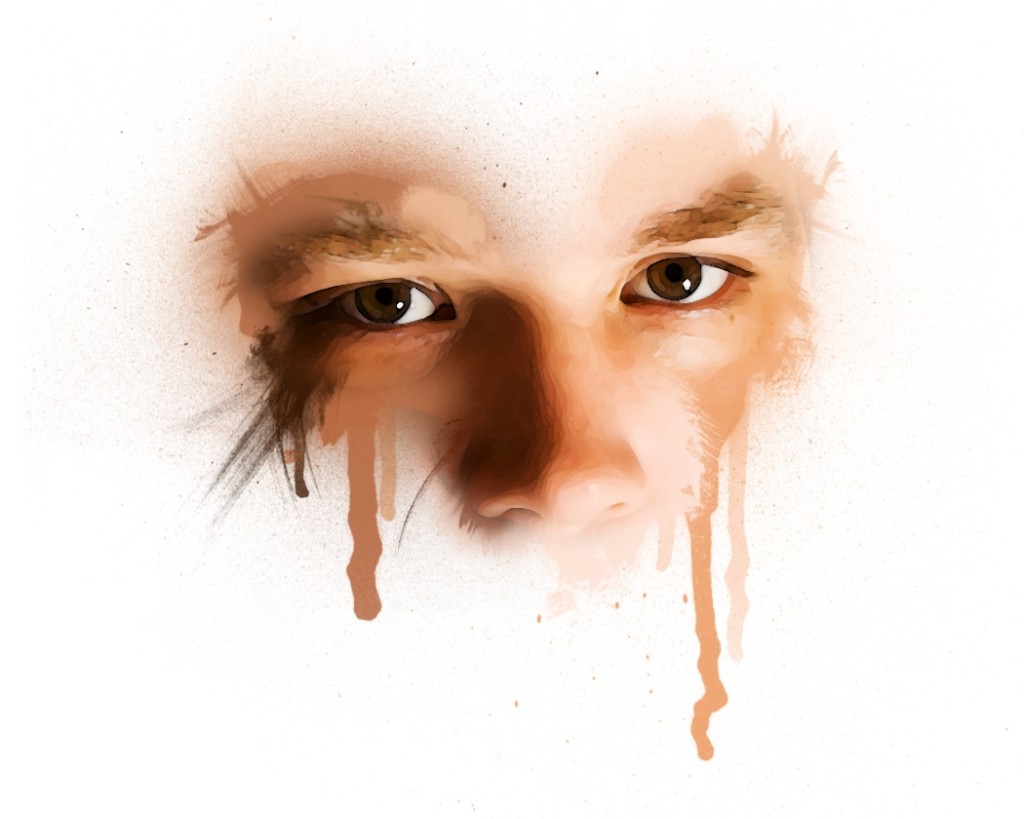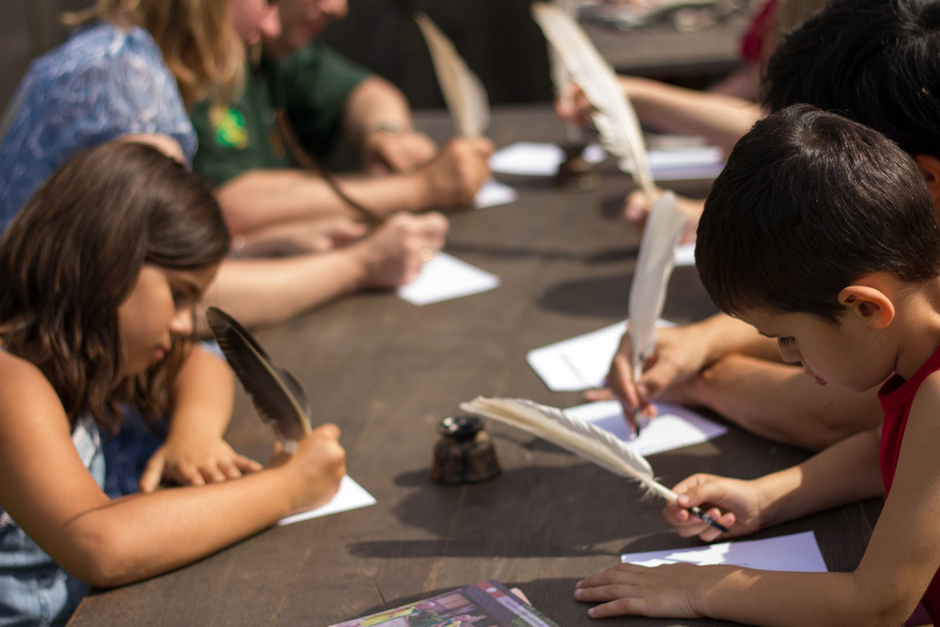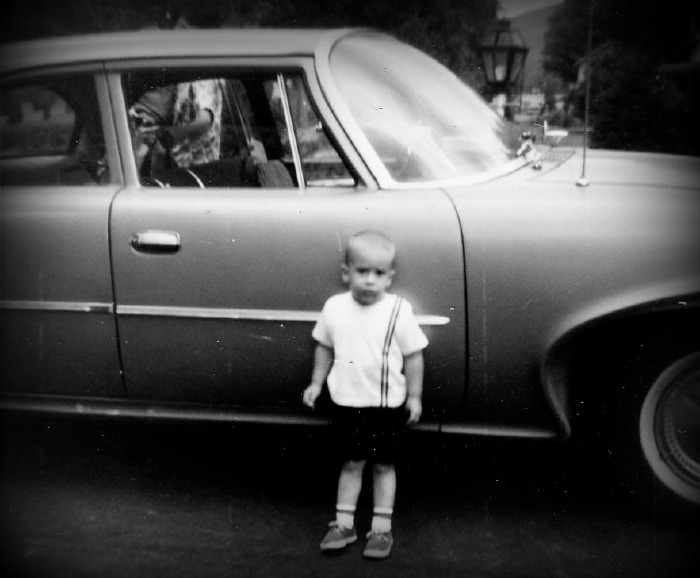 “Living is abnormal.” – Eugene Ionesco
“Living is abnormal.” – Eugene Ionesco
I came across Ionesco’s quote right around the first of the year and I thought about sharing it then as my own personal inspiration for how to approach the new year, but in the end I just couldn’t get myself to delve too deeply (and I admit, I was afraid of exploring the idea too much).
After all, I spent most of my childhood terrified (not hyperbole) of death.
I spent much of my young life (up until the age of six) in oxygen tents in hospitals with all those beeps and blips and machines gasping and wheezing so that I didn’t have to . . . and over the years since I have jokingly (sort of) referred to myself as a bubble boy, an allusion to the rather cheesy Travolta movie that came out during my adolescence.
I was somewhat sickly as a boy, and when I was thirteen I became so ill (with such an abnormal illness it’s very name began with the word “Atypical”) that one of my doctors told my family, “It’s just a matter of time.”
Yep! He said it while standing next to my ice bed.
Those words, that doctor’s face, are still etched into my memory. Lucky for me another of my doctors sought outside help, found someone who figured out what was wrong.
And you know what that someone (an intern at another hospital, a student no less) told me to do? Fight! In essence, he told me to keep on living. I heeded his advice with every fiber of my being.
Continue reading
